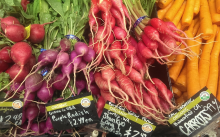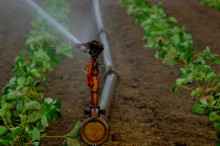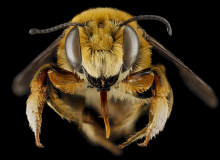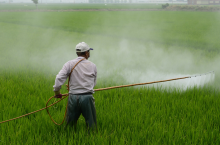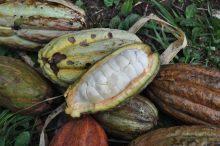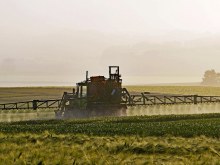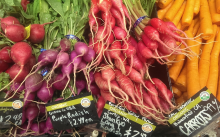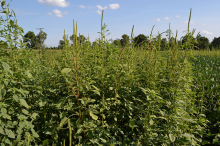EU clears DuPont-Dow merger, despite concerns raised by civil society
The European Commission has approved a merger between agribusiness giants Dow Chemical and Du Pont, despite warnings of civil society organisations that this would be a threat to farmers, consumers, the environment, and food security. On Monday, the EU regulators gave green light for the $130bn mega-merger, the first in a new round of agribusiness […]
EU clears DuPont-Dow merger, despite concerns raised by civil society Read More »


